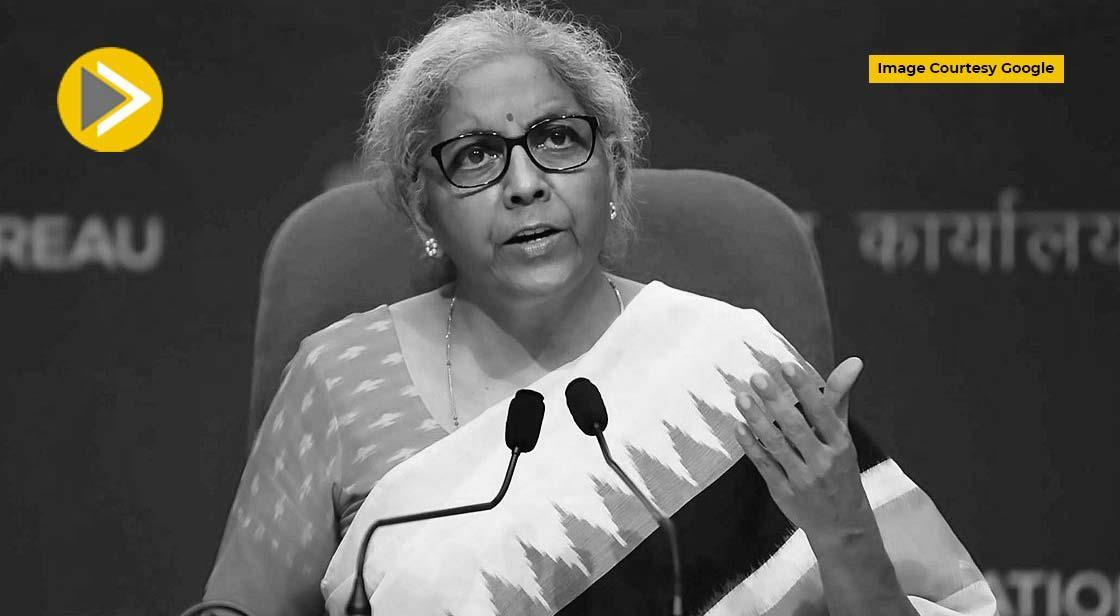Nirmala Sitharaman Unveils Vishwas Bill 2.0: Key Reforms for Businesses

News Synopsis
Finance Minister Nirmala Sitharaman has reaffirmed the government’s commitment to fostering economic growth, simplifying business regulations, and strengthening India’s position in global trade.
Speaking at a post-budget webinar on the theme Regulatory, Investment, and Ease of Doing Business (EODB) Reforms, she announced the introduction of the Vishwas Bill 2.0, a landmark legislation aimed at decriminalising over 100 provisions across various laws.
This initiative seeks to create a more business-friendly environment and streamline compliance requirements for enterprises in India.
Key Announcements from the Finance Minister
1. Introduction of Vishwas Bill 2.0
The Vishwas Bill 2.0 is a strategic move to eliminate unnecessary legal hurdles, allowing businesses to operate with greater confidence. The bill is expected to:
-
Decriminalise more than 100 provisions in existing laws.
-
Simplify legal frameworks for businesses.
-
Foster trust-based governance to enhance the Ease of Doing Business (EODB) in India.
2. Commitment to Economic Growth and Capital Expenditure (Capex)
The government has maintained a strong focus on capital expenditure as a primary driver of economic expansion. Finance Minister Nirmala Sitharaman revealed that for the 2025-26 fiscal year, the total effective capital expenditure (capex) is proposed at Rs 15.48 lakh crore, constituting 4.3% of GDP. Key allocations include:
-
Rs 11.21 lakh crore earmarked for core capital expenditure by the central government (3.1% of GDP).
-
Infrastructure development as a key investment area to spur job creation and industrial growth.
-
Increased private sector participation to accelerate economic momentum.
Budgetary Measures Already Implemented
1. Expansion of MUDRA Loan Scheme
The government has implemented a hike in the MUDRA loan limit from Rs 10 lakh to Rs 20 lakh. To date:
-
11 public sector banks have extended the revised loan limit to existing customers.
-
Seven banks have made the higher loan limit available to new customers.
-
21 new SIDBI branches have been opened in MSME clusters to facilitate credit accessibility.
2. Launch of the PM Internship Scheme
The PM Internship Scheme, announced in the 2024-25 budget, aims to create over 1.25 lakh internship opportunities in leading corporations. The initiative has already received over 6 lakh applications, demonstrating strong enthusiasm among young professionals.
3. Enhancing Business Flexibility Through Decriminalisation
Sitharaman stressed that reducing legal risks by decriminalising business-related laws is crucial for enhancing investor confidence and promoting industrial growth. Notable efforts since 2014 include:
-
Over 42,000 compliance requirements removed.
-
More than 3,700 legal provisions decriminalised.
-
Jan Vishwas Act 2023 eliminated criminal penalties for over 180 legal provisions.
Financial Sector Developments
1. Growth in Credit and Financial Inclusion
During the thematic session of the post-budget webinar, M. Nagaraju, Secretary, Department of Financial Services, provided insights into key financial initiatives:
-
MUDRA Scheme: Rs 33 lakh crore in loans sanctioned.
-
Stand-Up India Initiative: Rs 59,000 crore disbursed to 2.62 lakh accounts.
-
PM SVANidhi Scheme: Rs 14,000 crore sanctioned across 99 lakh accounts.
Collaborative Approach for Policy Implementation
The Finance Minister highlighted the importance of multi-stakeholder collaboration to ensure the smooth execution of budgetary measures. The webinar brought together key representatives from:
-
Department for Promotion of Industry and Internal Trade (DPIIT)
-
Ministry of Corporate Affairs
-
Regulators, state governments, public sector banks, SIDBI, NABARD, and industry associations
She appreciated the valuable inputs from stakeholders, stating that these insights would be carefully evaluated to refine policies and address implementation challenges.
Conclusion
The introduction of Vishwas Bill 2.0 marks a significant step toward decriminalising business laws, improving regulatory efficiency, and fostering a trust-based governance model. The government’s focus on capital expenditure, financial inclusion, and ease of doing business aims to create a business-friendly ecosystem, attract domestic and foreign investments, and enhance India's competitiveness in the global economy.
As the government continues to execute its reform agenda, these measures will provide businesses with greater flexibility, reduce compliance burdens, and drive sustained economic growth.
You May Like









